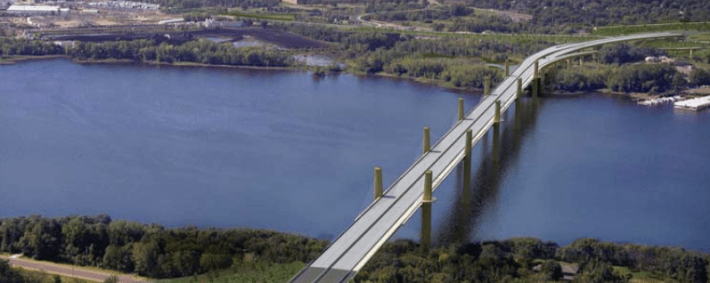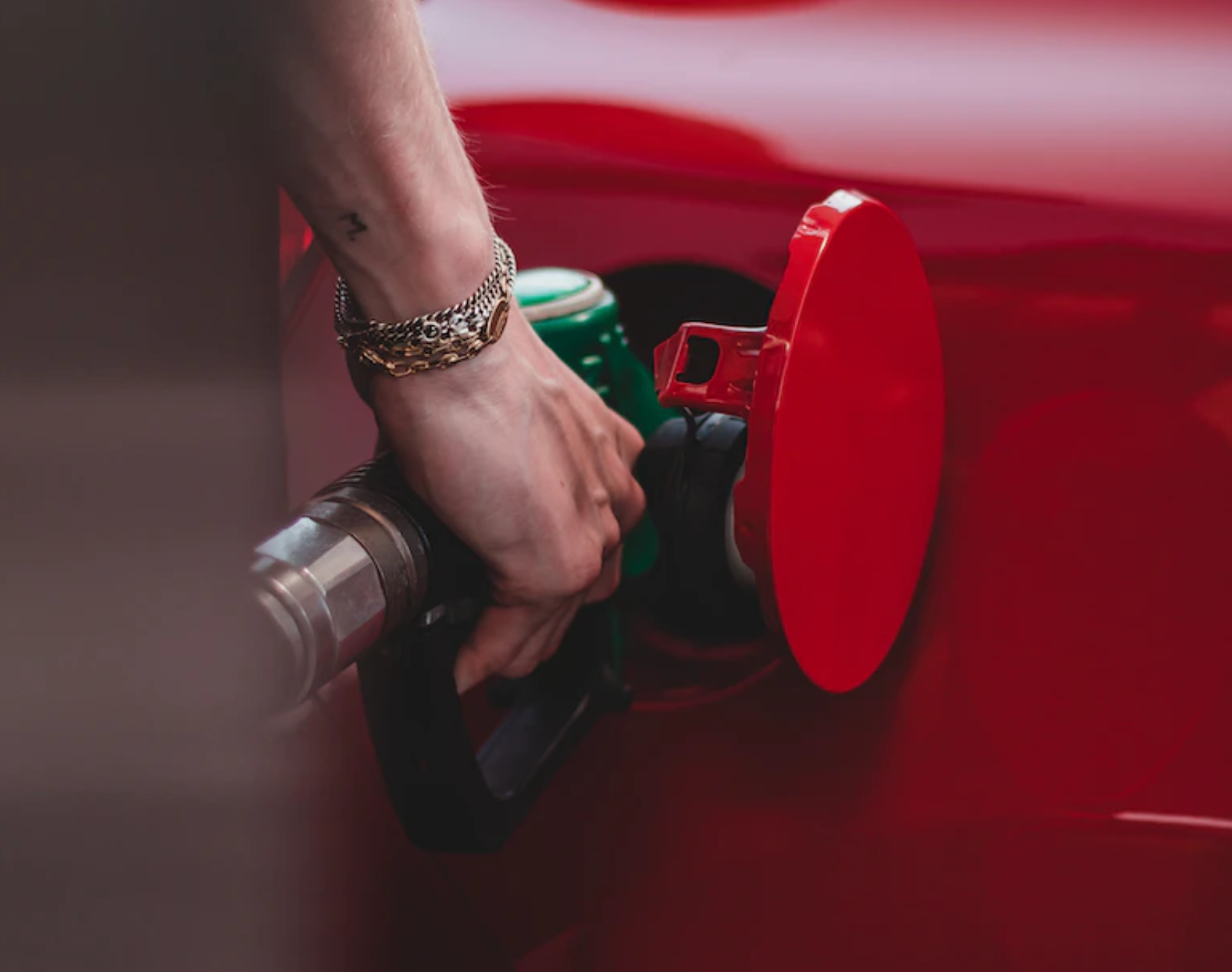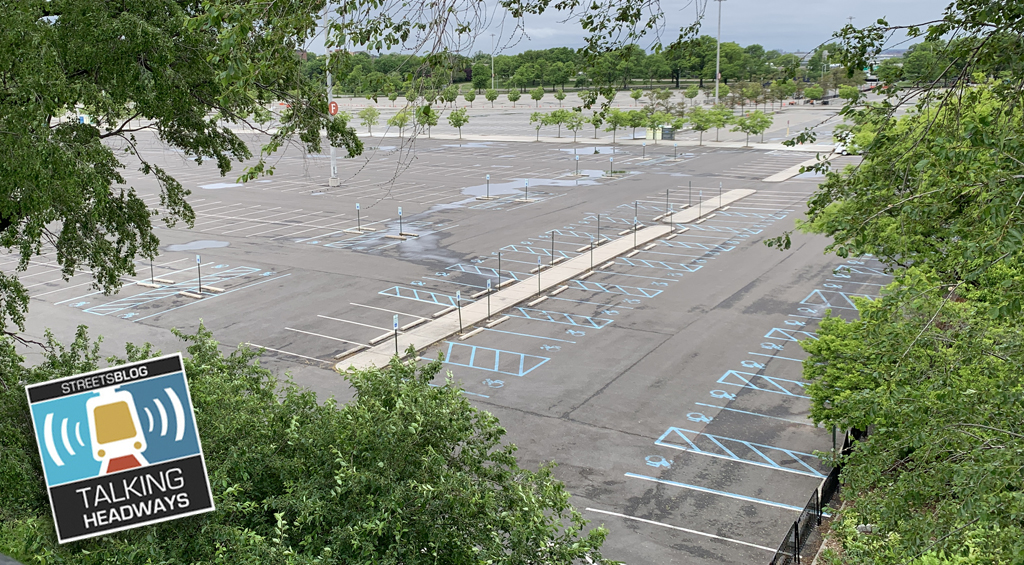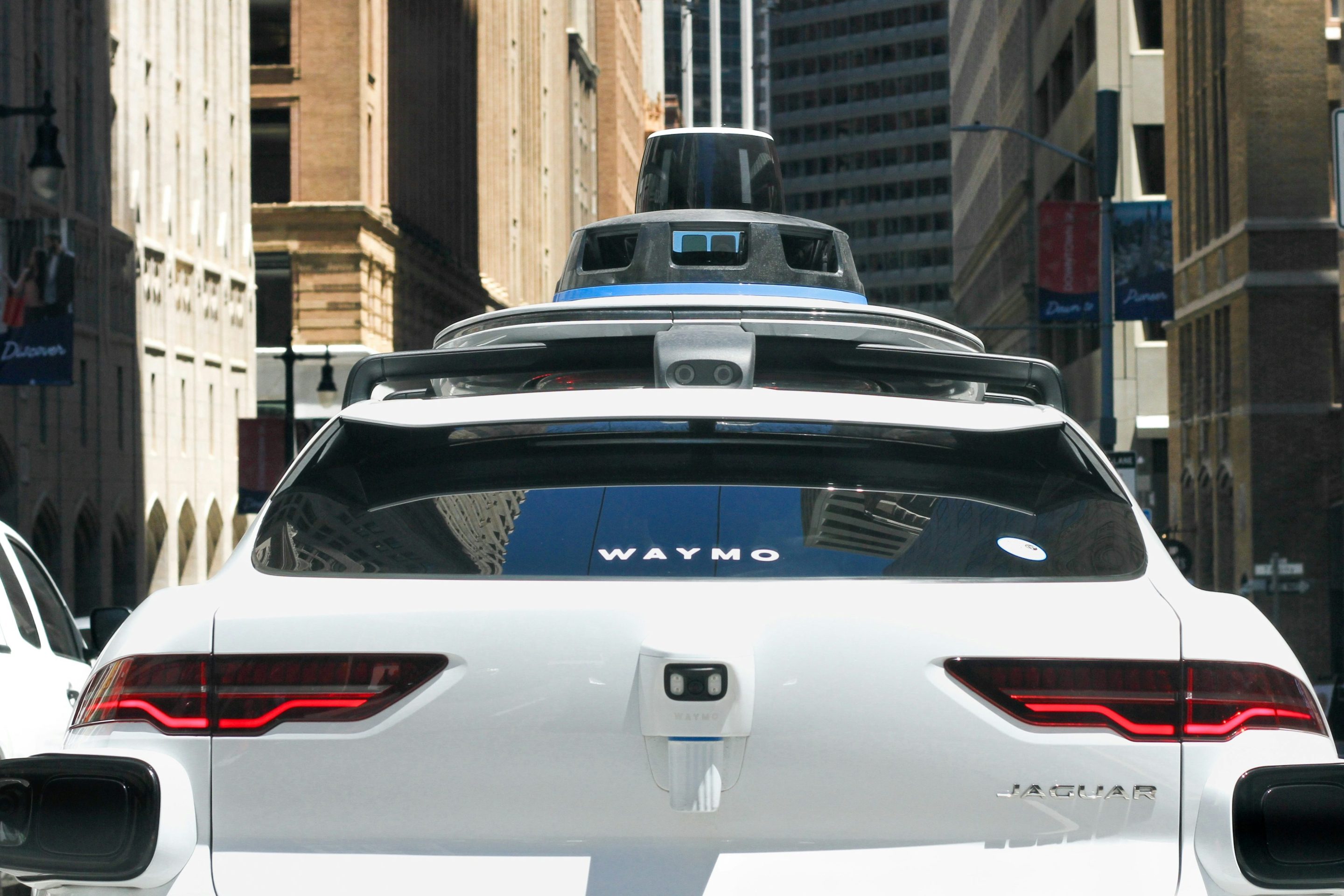
American transportation policy places a premium on delivering big, shiny new things.
As much as the big state transportation agencies and their political bosses love pouring concrete, they tend to avoid keeping the things they build in good working condition. Many state DOTs still spend upwards of 90 percent of their annual budgets on new construction, according to Smart Growth America, despite all the ink that's been spilled about structurally deficient bridges across the land.
The question is why? Why do new projects continue to hold such political appeal, even while the public is bombarded with messages about the fragile state of American infrastructure and business-as-usual practices bankrupt the current system of transportation funding?
We reached out to civil engineer and big thinker Chuck Marohn of Strong Towns for his take. Drawing from his experience as a municipal engineer, he said the problem boils down to three factors.
1. Building new infrastructure is less complicated than fixing existing infrastructure
"From the position of the construction worker on the ground, it’s so much easier to do something new because you don’t have to deal with all of the existing problems. You have the elevation of people’s sidewalks, you have people who don’t want to have the street shut down. It is just like a logistical nightmare to do maintenance. When you’re doing something new, where you control the site, it takes away the messiness."
2. New projects tend to be more popular with the public
"People almost always respond positively to new stuff. They’ll tolerate the hassle of construction when you’re doing something that’s new. But if you say we’re going to take this bridge and tear it down and put it back the way it was, it doesn’t make anything better for them. It’s just maintenance. You don’t have anything new tomorrow that you didn’t have today. When you do maintenance projects you get pushback from people. They’ll tolerate new stuff because they perceive it as the necessary thing for things to get better. You know in like three months you’ll be able to drive a lot quicker."
3. New construction is easier to finance
"Why do you rob banks? Because that’s where the money is. Most federal and even state funding programs assume maintenance to be a local issue, so it is easier and more streamlined to get money for new stuff than for maintenance."





